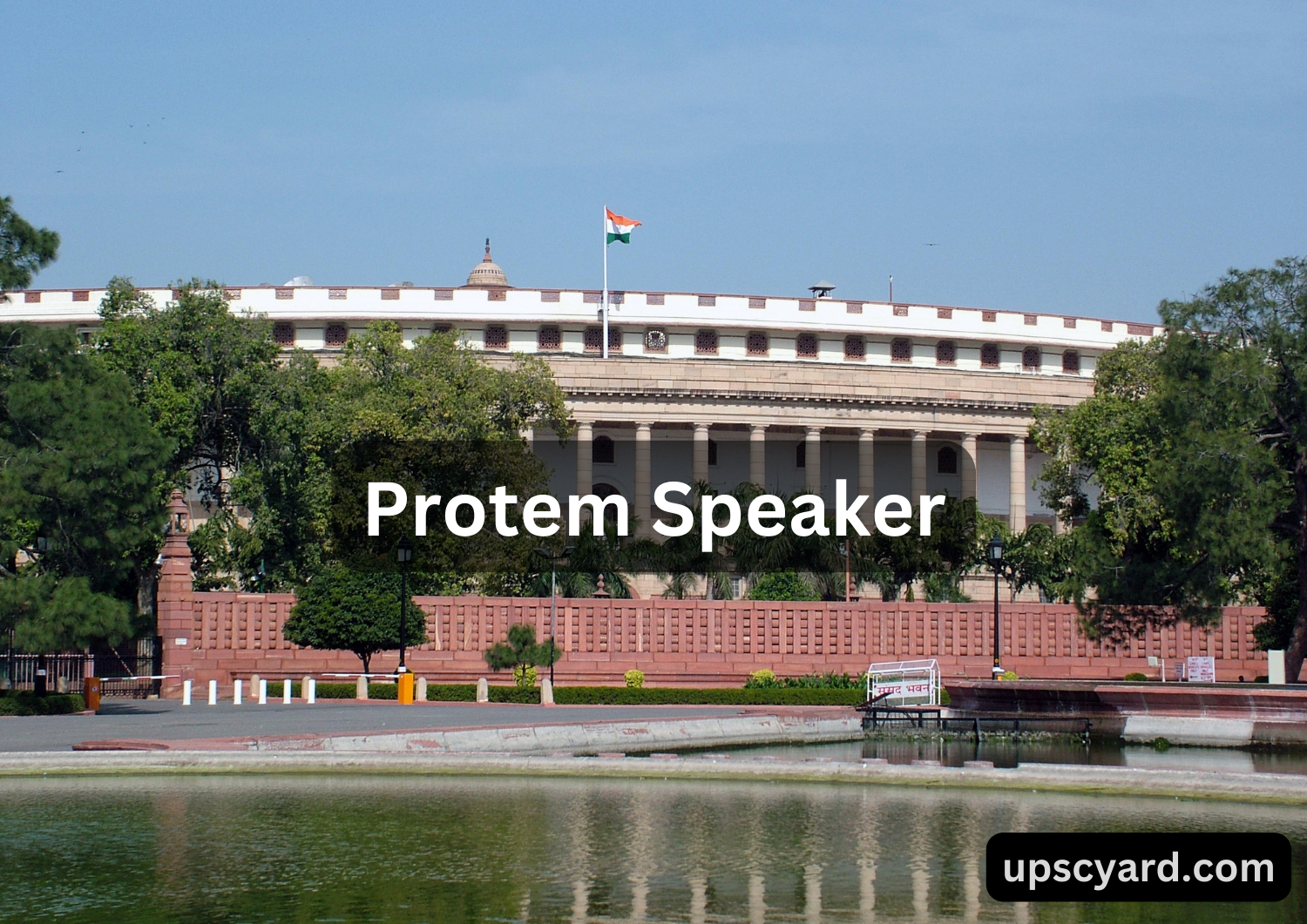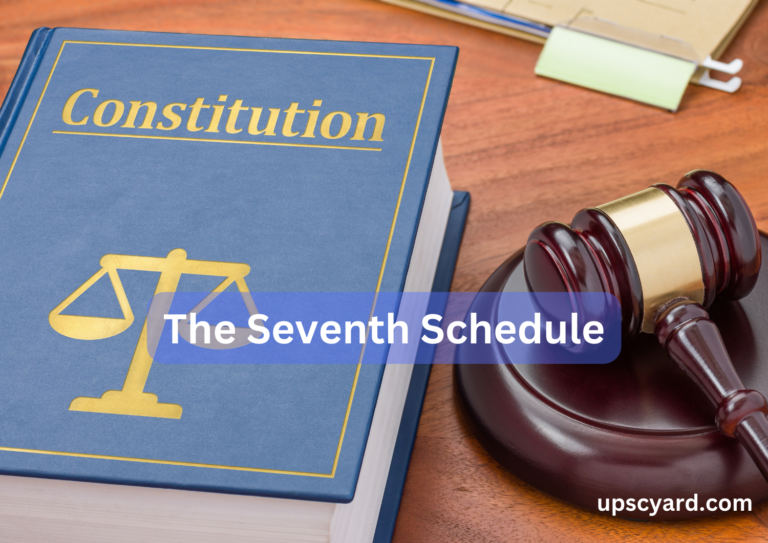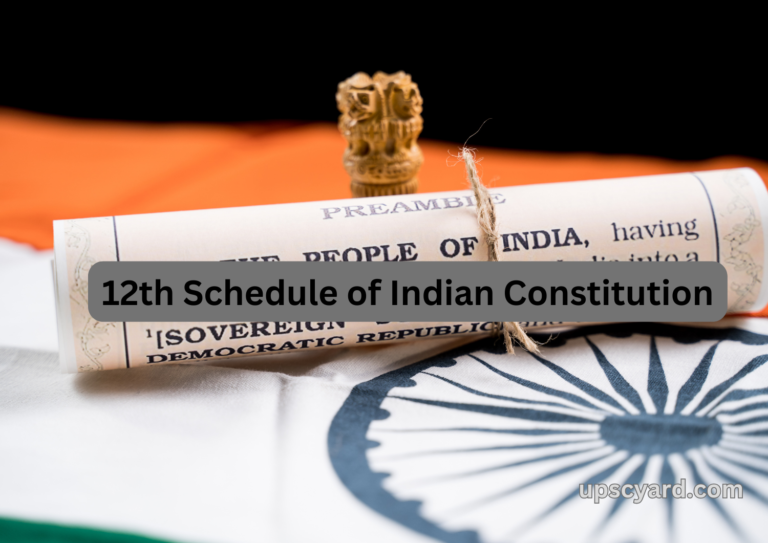Understanding the Role of a Pro-tem Speaker
A Pro-tem Speaker, a term often seen in the context of state legislative assemblies, plays a crucial but temporary role under specific circumstances. Here, we’ll delve into what a Pro-tem Speaker is, how they are selected, and the scope of their powers.
Defining the Pro-tem Speaker
A Pro-tem Speaker, in essence, is a temporary Speaker appointed to perform certain vital functions within a state legislative assembly. These appointments are typically made under the directives of the Supreme Court, especially in situations necessitating actions like a floor test. The functions and powers of a Pro-tem Speaker are explicitly defined within the court’s order.
Who Can Be a Pro-tem Speaker?
Traditionally, the senior-most Member of the Legislative Assembly (MLA) is chosen to serve as the Pro-tem Speaker/ Lok Sabha. However, this role is transitory and concludes once a new Speaker is elected.
Understanding the Pro-tem Speaker’s Powers
The Pro-tem Speaker, as per court instructions, may be designated to carry out specific duties, including many functions typically assigned to the Speaker. Their responsibilities extend to supervising the legislative house’s activities until the court’s directives are fulfilled. Importantly, a Protem Speaker must adhere strictly to the prescribed scope of duties outlined in the court’s order.
It’s worth noting that several pivotal Supreme Court judgments have illuminated the Protem Speaker’s functions. Notable cases include Rabam Nebia and Bamang Felix vs Deputy Speaker, Arunachal Pradesh Legislative Assembly (2018) 8 SCC 1.
The Constitution’s Take
Chapter III of the Indian Constitution revolves around the state legislature and addresses various aspects concerning state legislative assemblies. However, Article 180(2) stands out. It dictates that in instances where both the Speaker and Deputy Speaker are absent without any vacancies, the power to determine the next Speaker rests with the legislative assembly itself, not the Governor. This shift in the Governor’s discretionary power has evolved.
The Justice Sarkaria Commission examined Article 163(1) of the Constitution and scrutinized the Governor’s discretion under two scenarios: when compelled by the Constitution to exercise discretion and when discretion is exercised under the Constitution. Following a comprehensive assessment of Constitutional intent and provisions, the Commission asserted that Article 163(1) does not grant the Governor unrestricted discretionary authority to act against or without the advice of the Council of Ministers.
This perspective was reinforced by the Supreme Court’s stance in 29 M.P. Special Police Establishment vs State of Madhya Pradesh (2004) 8 SCC 788, emphasizing that the Governor’s actions must align with the Constitutional framework.




